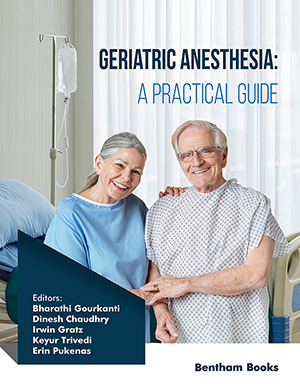Abstract
Objectives: Repeated remote ischemic postconditioning (rIPostC) may be an easily applicable treatment following ischemic stroke to improve quality of life (QoL) and clinical outcomes. rIPostC consists of repeated, brief periods of limb ischemia (through inflation of a blood pressure cuff), followed by reperfusion. This study investigated the 1-year follow-up of rIPostC on QoL and clinical events.
Methods: As part of a randomized controlled trial, adult patients with an ischemic stroke within 24 hours after onset of symptoms were randomized to repeated rIPostC or sham-conditioning. rIPostC was applied twice daily during hospitalization (maximum of 4 days). QoL and patientreported outcome measures (PROMs) were assessed at 12-week and 1-year follow-ups. Additionally, we explored the effect of repeated rIPostC on clinical events (recurrent cerebrovascular events, hospitalization, and mortality).
Results: The trial was preliminarily stopped due to limitations in recruitment after the inclusion of 88 patients (rIPostC: 40; sham-conditioning: 48) (70 years, 68% male). Questionnaires were returned by 69 (78%) and 63 (72%) participants after 12 weeks and 1 year, respectively. The median difference of the stroke-specific QoL between rIPostC and sham-conditioning was 0.05 (p =0.986) and -0.16 (p =0.654) after 12 weeks and 1-year, respectively. No significant effect of rIPostC on the different domains of PROMs was detected. We observed no between-group differences in recurrent cerebrovascular events, hospitalization, or all-cause mortality (Hazard Ratios p >0.05).
Conclusion: In this exploratory analysis, we observed no significant difference between repeated rIPostC and usual care on QoL and clinical outcomes at 12 weeks and 1 year in patients with an ischemic stroke.
Clinical Trial Registration Number: NTR6880.
Keywords: remote ischemic conditioning, stroke, quality of life, survival, randomized controlled trial, adverse events.
[http://dx.doi.org/10.1038/nrneurol.2015.223] [PMID: 26585977]
[http://dx.doi.org/10.1161/01.CIR.0000043806.51912.9B] [PMID: 12460865]
[http://dx.doi.org/10.1038/nn.2953] [PMID: 22030546]
[http://dx.doi.org/10.1016/j.expneurol.2015.04.009] [PMID: 25900056]
[http://dx.doi.org/10.3390/ijms17121971] [PMID: 27898007]
[http://dx.doi.org/10.1007/s00395-016-0588-8] [PMID: 27766474]
[http://dx.doi.org/10.1161/STROKEAHA.119.025494] [PMID: 31154944]
[http://dx.doi.org/10.1007/s13311-015-0358-6] [PMID: 25956401]
[http://dx.doi.org/10.1001/jama.2022.13123] [PMID: 35972485]
[http://dx.doi.org/10.1212/WNL.0b013e318271f76a] [PMID: 23035060]
[http://dx.doi.org/10.1186/s13063-019-3264-0] [PMID: 30876432]
[PMID: 35593677]
[http://dx.doi.org/10.1177/0269215507075504] [PMID: 17702704]
[http://dx.doi.org/10.1007/s12439-017-0237-1] [PMID: 29119368]
[http://dx.doi.org/10.1016/j.jamda.2017.06.026] [PMID: 28859819]
[http://dx.doi.org/10.1001/jamaneurol.2020.0326] [PMID: 32227157]
[http://dx.doi.org/10.1111/cns.14240] [PMID: 37183341]
[http://dx.doi.org/10.1016/S1474-4422(21)00376-8] [PMID: 35143758]
[http://dx.doi.org/10.1177/2396987319884408] [PMID: 32232175]
[http://dx.doi.org/10.1161/STROKEAHA.123.043279] [PMID: 37417240]
[http://dx.doi.org/10.1177/17474930231191082] [PMID: 37466245]





























